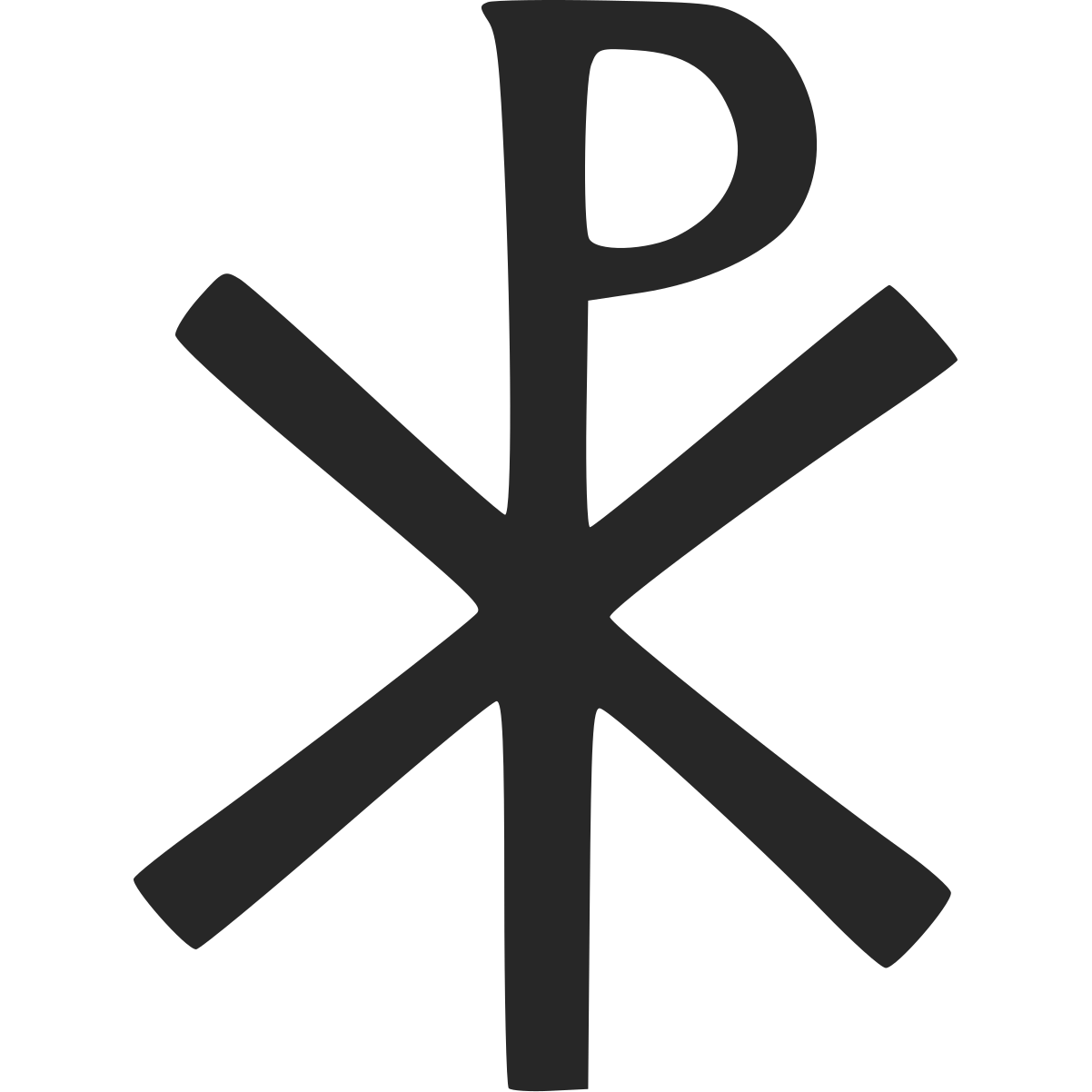#
The Didache
Also known as The Teaching of the Twelve Apostles, is one of the earliest known Christian texts, dating to the late 1st or early 2nd century AD. This concise manual, likely composed in a Greek-speaking Christian community, possibly in Syria or Palestine, provides a unique glimpse into the beliefs, practices, and ethical teachings of the early Church. It is a vital document for understanding the transition from apostolic to post-apostolic Christianity.
The Didache is divided into three main sections: moral instruction, liturgical practices, and church organization. The first part, known as the "Two Ways," outlines a path of life versus a path of death, offering ethical guidance rooted in Jewish and Christian traditions. The second section details early Christian rituals, including baptism, fasting, prayer, and the Eucharist, providing insight into the worship practices of the time. The final section addresses church leadership, itinerant prophets, and eschatological expectations, reflecting the community’s structure and hope in Christ’s return.
While the author(s) of the Didache remain anonymous, the text claims authority from the teachings of the apostles, making it a significant bridge between the New Testament and later Christian writings. Its practical and pastoral tone underscores its purpose as a guide for early Christian communities navigating faith and daily life.
This website presents the Didache, offering readers access to its timeless teachings. Explore this ancient text to discover the foundational practices and beliefs that shaped the early Christian Church.

